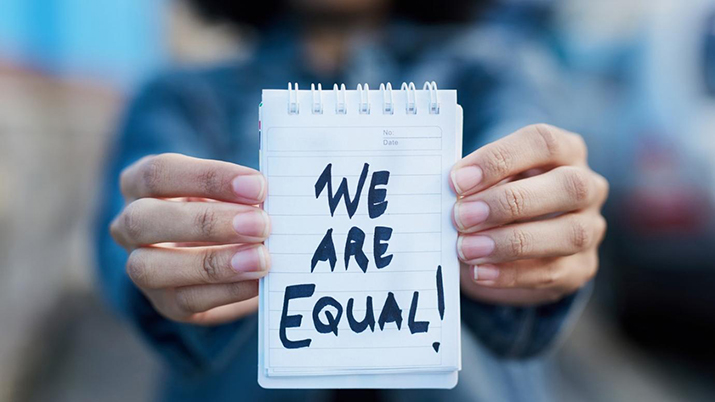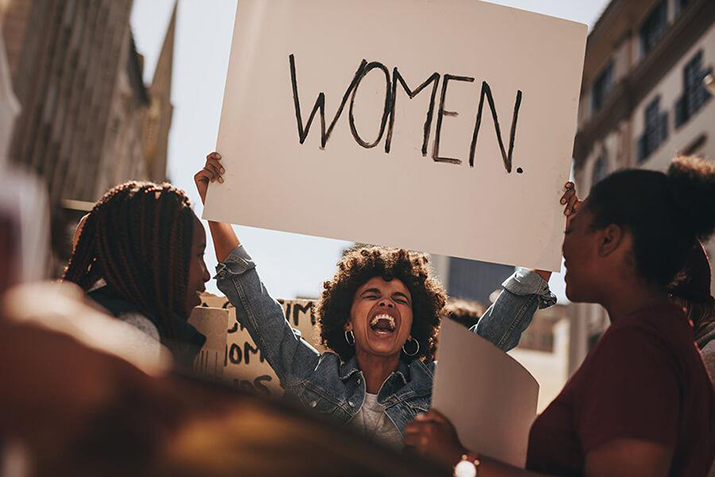HAPPENING AT THE COUNCIL OF EUROPE
Ten years have passed, but little has happened. When the «Convention on preventing and combating violence against women and domestic violence» was opened for signature in Istanbul in 2011, it was hoped that after a decade the outcome might be more positive. «According to United Nations statistics, approximately 736 million women worldwide - almost one in three - have experienced violence by a partner, non-partner sexual violence or both at least once in their life. And this figure does not include sexual harassment and forms of violence such as stalking, forced marriage and female genital mutilation». This was highlighted in a joint statement by the Italian Minister for Family and Equal Opportunities, Elena Bonetti and Secretary General of the Council of Europe, Marija Pejčinović Burić. «The Italian presidency of the Committee of Ministers of the Council of Europe places women's empowerment as a priority, which includes the defence and promotion of women's rights. We cannot remain idle in the face of increasing online threats of gender-based violence, especially since this easily materializes in the "physical" world» the statement continues. Also, for this reason, on the 24th of last November, on the eve of the United Nations International Day for the Elimination of Violence Against Women, some general recommendations were published on «the digital dimension of violence against women». The text deals not only with online acts of violence - such as sharing humiliating images, insults or threats of death and rape - but also with crimes perpetrated through tracking technologies reported by cybersecurity companies.
But there is still a long way to go. Aside from the fact that, the “Istanbul Convention” already bears a mark of the difficulties in proceeding in the name alone. In fact, the Turkish government after having promoted the agreement by opening it for signature on 11 May 2011, has recently decided to withdraw, emphasizing how complex it is to act on these issues in the international arena.
We cannot stand idle in the face of increasing online threats of gender-based violence
Still the objectives are clear: to prevent violence against women, protect those who are victims of it and ensure the prosecution of those responsible. But the convention does not stop there because at the same time «it encourages an integrated policy» and «also criminalizes specific offences, such as stalking, forced marriage and female genital mutilation» express Elena Bonetti and Marija Pejčinović Burić, also pointing out that «where it was applied it worked well». In short, according to the statement «the Istanbul Convention is the most advanced international instrument available to European states and its full implementation is the most effective way to defend women's rights».
For this reason, one of the objectives of the Italian presidency is to encourage further signatures and ratifications of the treaty.
Also, because the pandemic is aggravating the situation. «During the lockdowns - the joint statement continues - the cases of domestic violence and abuse against women have grown dramatically». It is urgent and necessary to bring issues such as the participation of women in the labour market, family support services and the promotion of female leadership to the top of political agendas of all the countries within the Council of Europe. In particular, it is necessary to take advantage of the exceptional opportunity that is given by the recovery programs.
Women's empowerment is essential for the prevention of violence. An autonomous, free, independent person is stronger, less vulnerable and ready to defend their rights. This applies to any sex. But it's only guaranteed for one.








